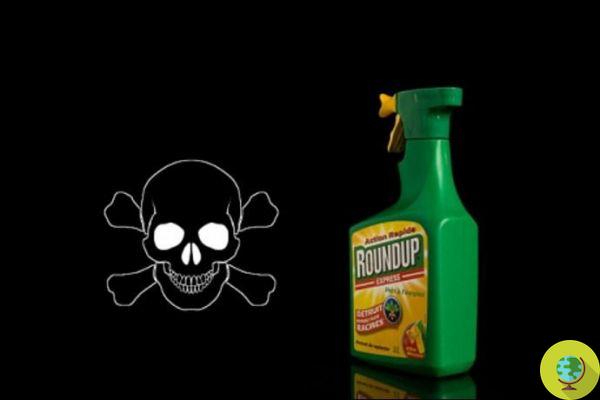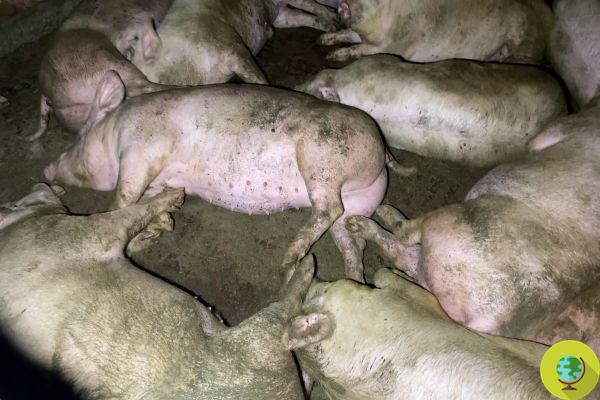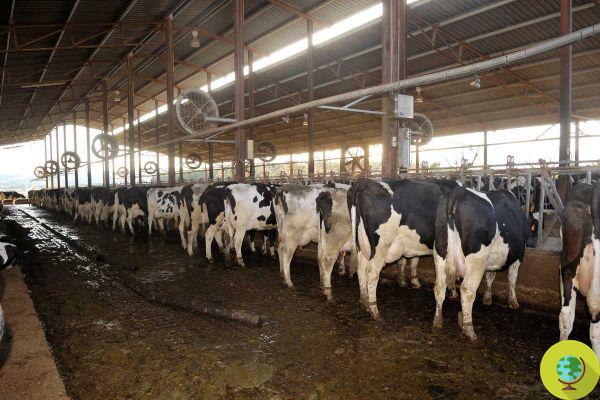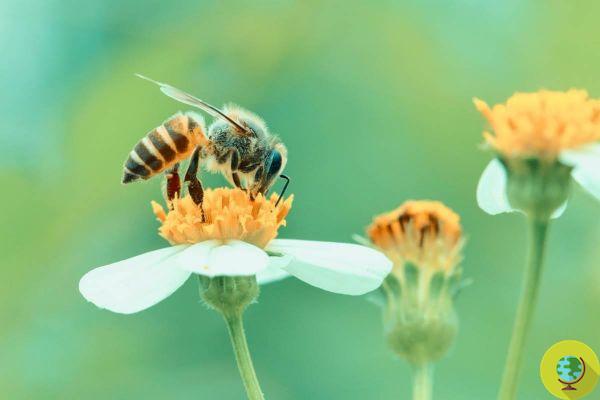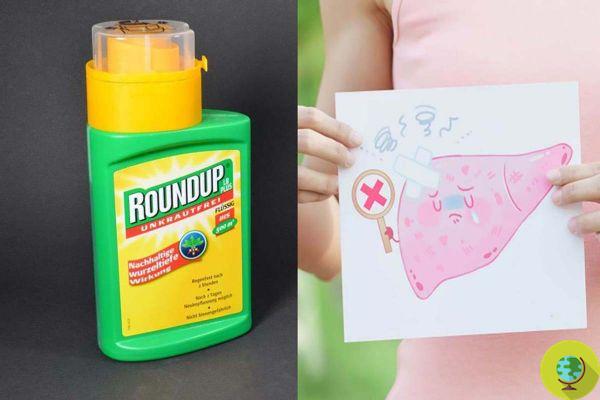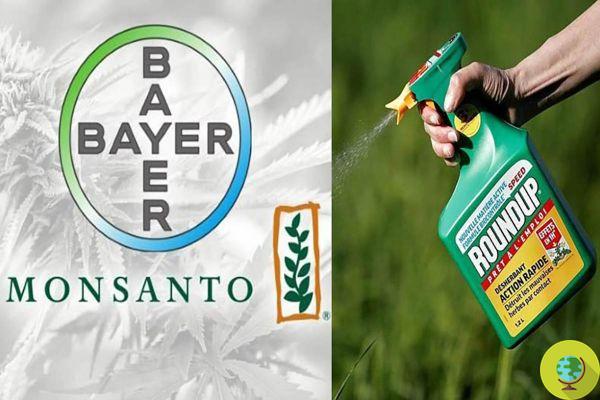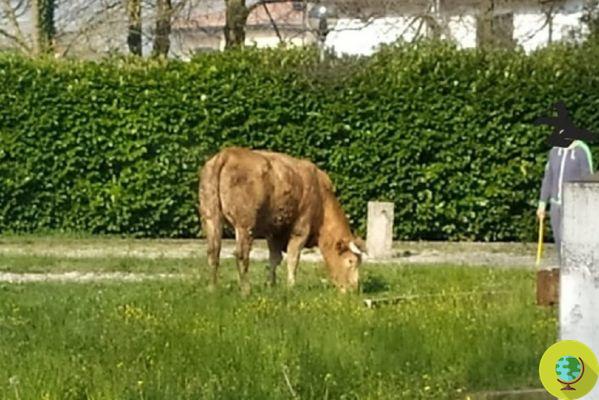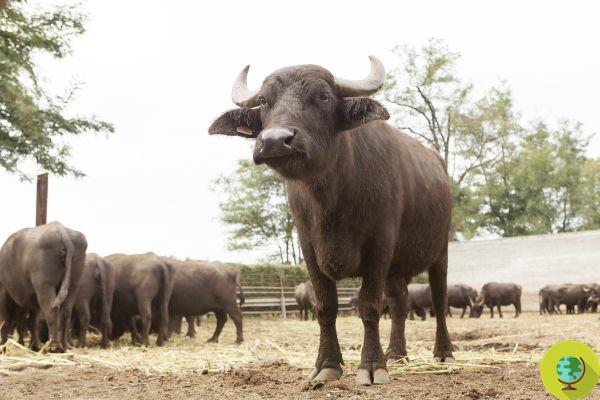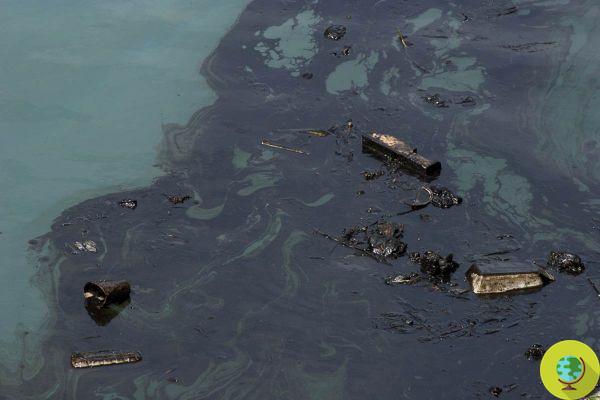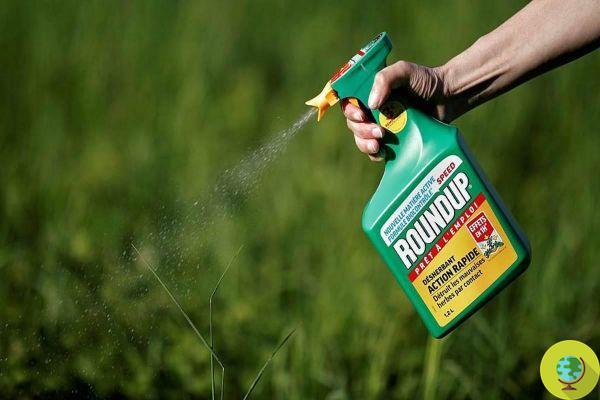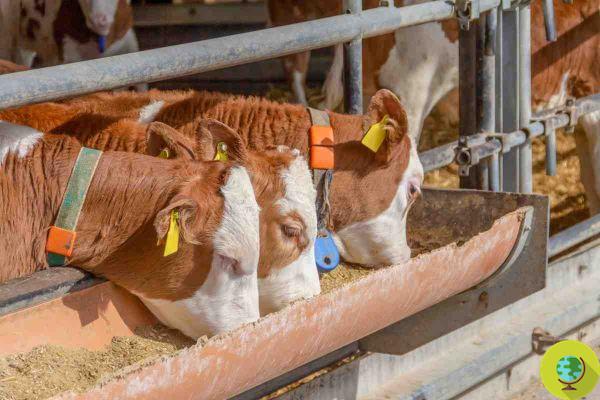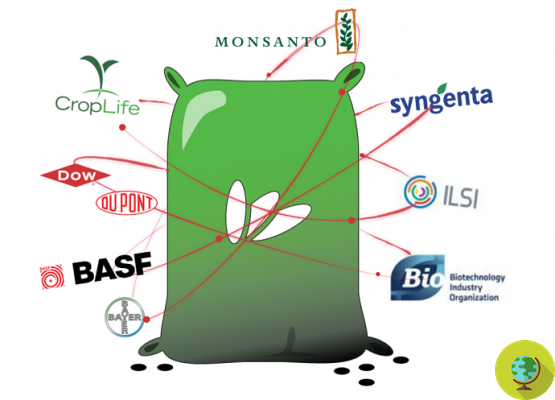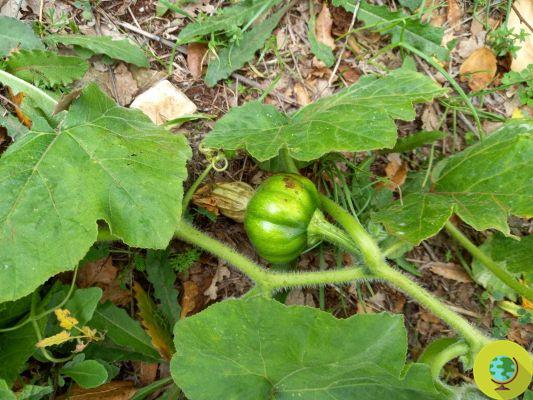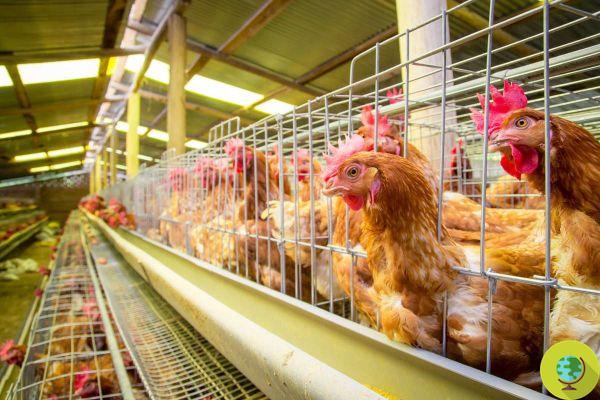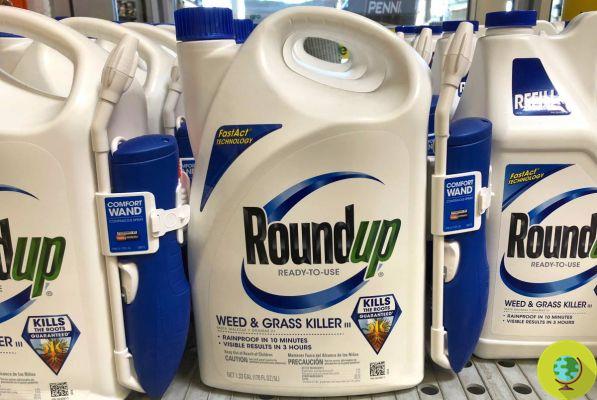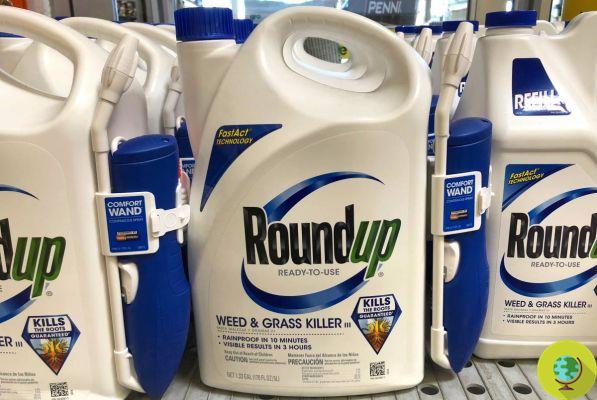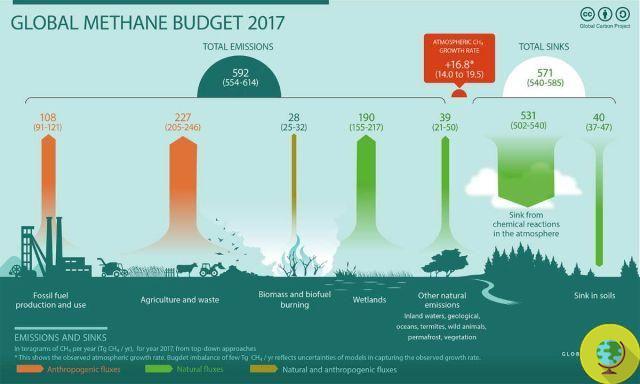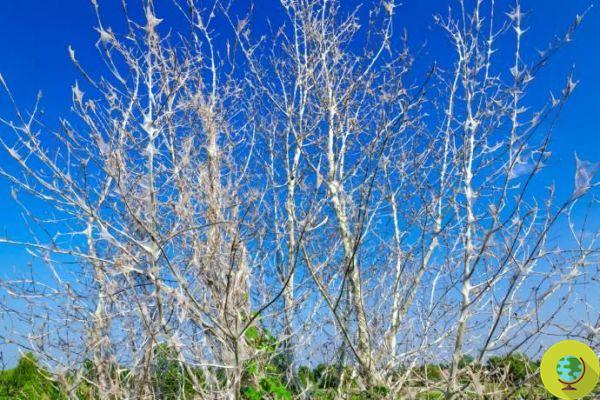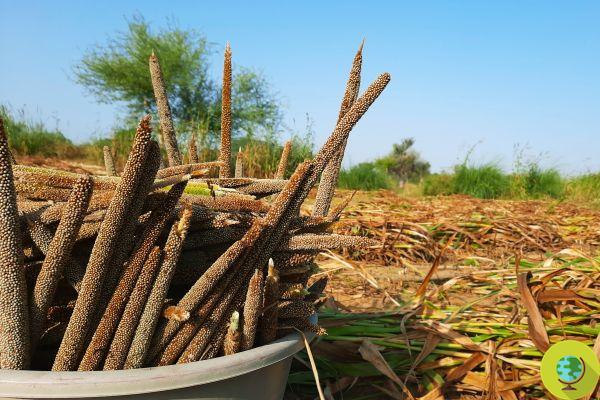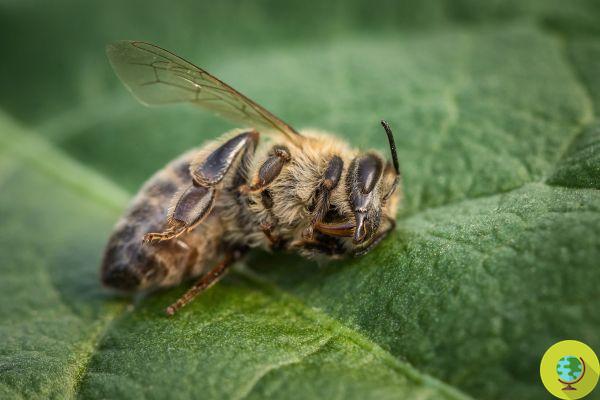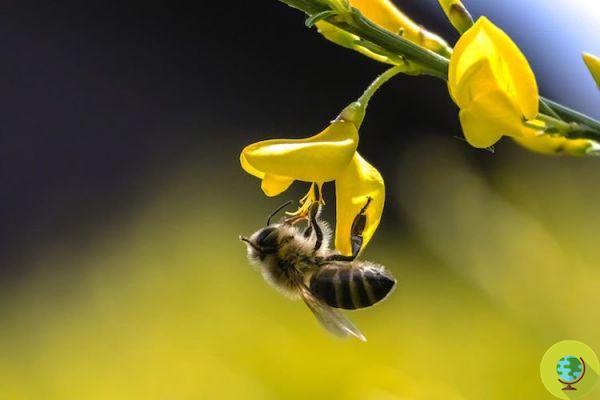
The dying of bees is putting agricultural production and our food at risk. Pollination is in fact responsible for 5-8% of global agricultural production. The alarm comes from the UN on the occasion of IPBES, an international meeting on biodiversity that has just taken place in Malaysia.
He is about to end up run over, his mother saves him
La bee die-off it is putting agricultural production and our food at risk. Pollination is in fact responsible for 5-8% of global agricultural production. The alarm comes from the UN on the occasion of a international meeting of the IPBES on biodiversity that just took place in Malaysia.
Not only the api, But also the butterflies and other species important for pollination are in decline. A phenomenon that threatens world food production. The problem currently mainly affects Europe and North America but has also been identified in other parts of the world.
Among causes experts indicate i climate changes, the pesticides, pollution, loss of natural habitats and the spread of pathogens. IPBES stressed the importance of protecting pollinating insects to ensure stable fruit and vegetable production over the next few decades.
More than three-quarters of major global food crops are largely dependent on natural pollination. These assessments are the result of the work of 80 scientists who met in Kuala Lumpur from 22 to 28 February 2016 to summarize the results of four years of research.
In Europe, 9% of bee and butterfly species are at risk of extinction. The decline of bees has reached 37% of the species while we are talking about 31% for butterflies. Bats and other pollinating animals are also endangered around the world.
The experts remember and producing almost all the fruit we eat and of many vegetables it depends on pollination. This is why it is increasingly important to defend bees, butterflies and other pollinating insects.
The die-off of pollinating insects according to the researchers can lead to lower crop yields, to a price increases for consumers and a reduction in agricultural profits. Hence, it is a social and economic issue, as well as an environmental one. The governments most involved should therefore intervene to improve the situation, perhaps starting with the ban on neonicotinoids, the killer pesticides of bees.
Marta Albè
Read also:
BEES: EXPOSURE TO NEONICOTINOID PESTICIDES OBSTACLES AND DAMAGES POLLINATION
NEONICOTINOIDS: BEES AND BOMBS ATTRACTED BY KILLER PESTICIDES AS IF THEY WERE DRUG
SUPERMARKETS: WHAT WOULD WE FIND ON THE SHELVES IF THE BEES DISAPPEARED?




